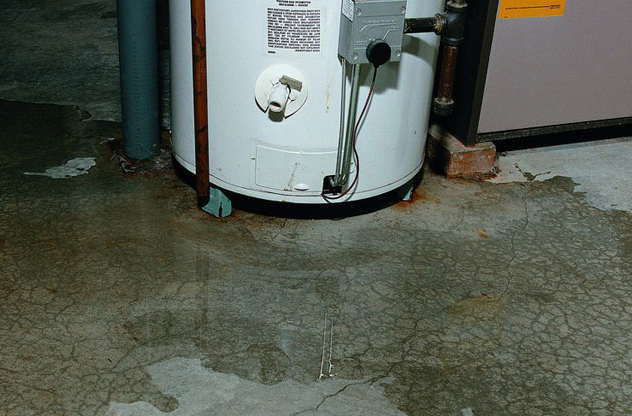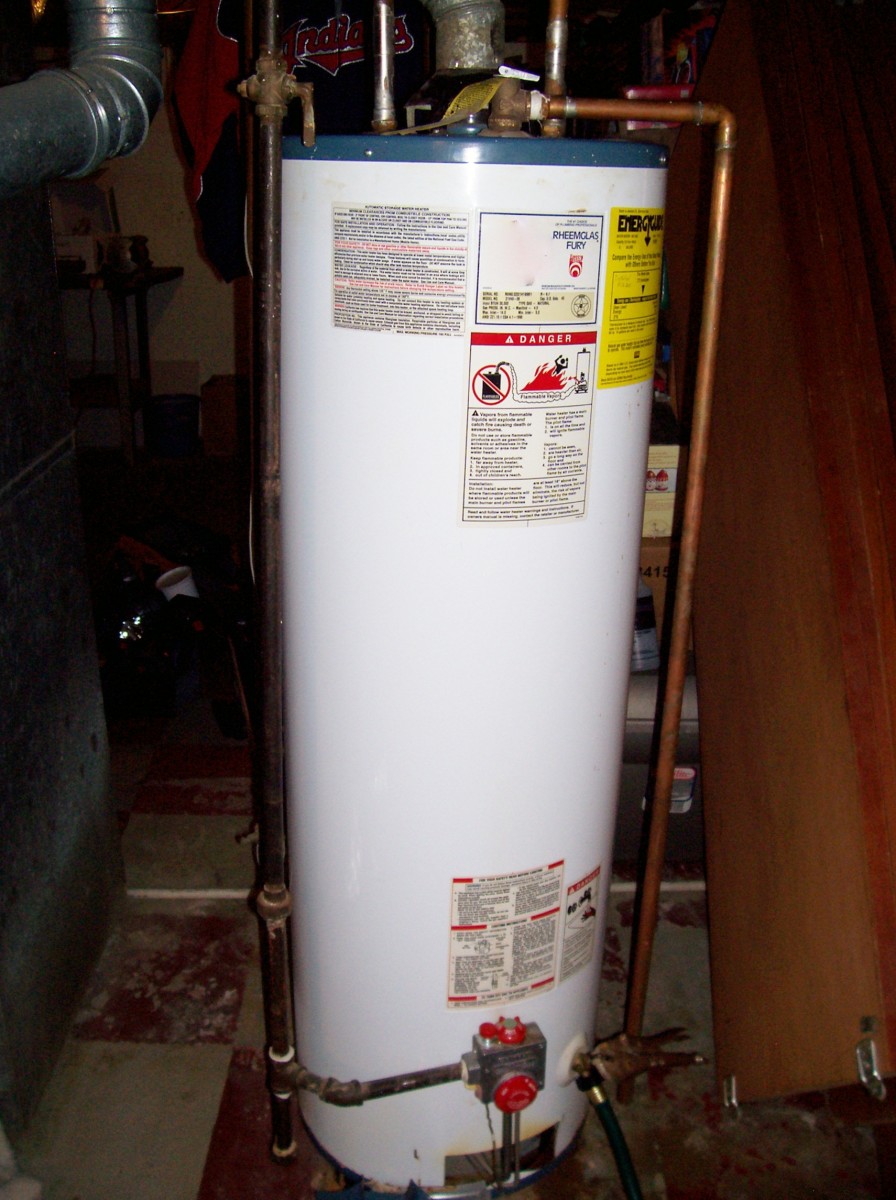We've encountered this great article pertaining to How to Find and Prevent Water Leaks in Your Home directly below on the internet and think it made perfect sense to write about it with you on this site.

"Beware of little costs. A tiny leakage will sink a great ship." - Benjamin Franklin.
He couldn't have actually been extra best because water leakages in our residences lead to a waste of sources, raising our water costs. This increase may seem negligible at first, it can lead to substantial costs that can break your bank. Apart from an increase in costs, water leaks additionally cause unwanted natural growth, structural damages, as well as also electric risks.
Determining if you have a water leakage isn't always easy as a result of being not able to see the majority of the pipework in your home. If you have had a boost in your water bills recently, observed water stains on wall surfaces as well as ceilings, scented lousy smell, etc. You may want to consider asking for plumbing solutions to get it looked into.
There are a number of reasons for water leakages, as well as we have assembled the usual reasons listed below. Check to see if you have actually had associated issues in your home recently.
Weakened pipeline joints
Pipe joints are the parts of our plumbing system where the pipes attach. It is vital to note that also though pipes are created to hold up against pressure and also last for a while, they weren't created to last for life; consequently, they would certainly degrade over time. A typical sign of harmed pipe joints is too much noise from faucets.
High water stress
You noticed your residence water pressure is greater than normal but then, why should you care? It runs out your control.
It would be best if you cared due to the fact that your average water stress should be 60 Psi (per square inch) as well as although your residence's plumbing system is developed to stand up to 80 Psi. An increase in water pressure can place a stress on your residence pipelines and cause cracks, or worse, ruptured pipes. If you ever before see that your home water stress is more than usual, contact a professional regarding managing it.
Deterioration
As your pipework grows older, it gets weaker as well as a lot more at risk to corrosion after the frequent flow of water via them, which can gnaw at pipelines and cause fractures. A visible indication of deterioration in your home plumbing system is staining and although this may be tough to detect because of the majority of pipelines hidden away. We suggest doing a regular examination every couple of years as well as transform pipelines once they are old to make sure a sound plumbing system
Blocked drains
Food fragments, dirt, as well as oil can trigger clogged drains and obstruct the flow of water in and out of your sink. Enhanced stress within the rain gutters can end and create an overflow up fracturing or breaking pipes if undealt with. To stay clear of clogged up drains pipes in your home, we advise you to prevent pouring bits down the tubes as well as regular cleaning of sinks.
Busted seals
An additional cause of water leakages in houses is broken seals of home devices that make use of water, e.g., a dish washer. When such home appliances are installed, seals are mounted around water ports for easy flow of water through the maker. Thus, a broken seal can create leakage of water when in operation.
With little or no knowledge of plumbing, comprehending your residence's plumbing system enough to deal with some of these concerns (without repercussion) can be a hassle. Connect with plumbing specialists in Pittsburgh, Providence, Rochester, and also environ today, as well as they'll make those problems disappear.
He could not have actually been extra right due to the fact that water leakages in our residences result in a waste of resources, raising our water bills. If you have had a boost in your water costs recently, noticed water spots on wall surfaces and ceilings, scented poor smell, and so on. A rise in water pressure can put a stress on your residence pipelines and lead to fractures, or worse, burst pipes. One more reason of water leakages in residences is damaged seals of home appliances that use water, e.g., a dishwashing machine. When such home appliances are set up, seals are set up around water adapters for very easy flow of water via the equipment.
5 TIPS IN DETECTING A WATER LEAK IN YOUR HOUSE
Water leaks can be hard to find in your home, yet they can be so common. We rely on water every day in our home, which is why a leak can cause big problems. By detecting them early, you can save money and further damage, getting the problem fixed as soon as possible. Here are 5 tips to help you detect a water leak in your home, so you can contact a plumber straight away and get the issue sorted.
Check your water meter
Many people underestimate the value of the water meter in their home. It can be one of the best ways to tell if you have a leak early on, so you can get on top of it before issues start arising. Start by turning off all the water in your home: taps, washing machine, dishwasher, etc. Now take a look at the meter – if it’s still changing with everything turned off, it’s likely you have a fast-flowing leak that you need to get on top of straight away. If nothing changes, then leave your meter for an hour or two and come back to it. Did it change in this time? It’s likely you have a slower leak, which isn’t as urgent but still handy to get fixed so it doesn’t become a bigger problem.
Keep an eye on your bill
Another good way to detect a leak in your home is by keeping an eye on your water bill. It helps if you have a past bill from the same period of time. You can compare like for like and determine whether your water usage has increased significantly. If it has, there may be a leak in your system that you haven’t picked up before. A professional plumber can check through all of your pipes and determine where it is coming from.
Look for damage
If you have a leak inside your home, you will notice damage over time. Take a look at your showers and bathtubs and note whether any of the tiles surrounding the area seem to be discoloured or damaged in any way. There may be water stains, mould or peeling material that has resulted from a build up of moisture over time. Make sure you take a look under sinks at the back of cupboards that don’t get accessed regularly. This is where damage can go unnoticed and build up over periods of time.

I'm just very intrigued by Where to Find Water Leaks and I really hope you enjoyed the entry. Sharing is nice. Helping people is fun. Thanks so much for your time invested reading it.
Get answers now!